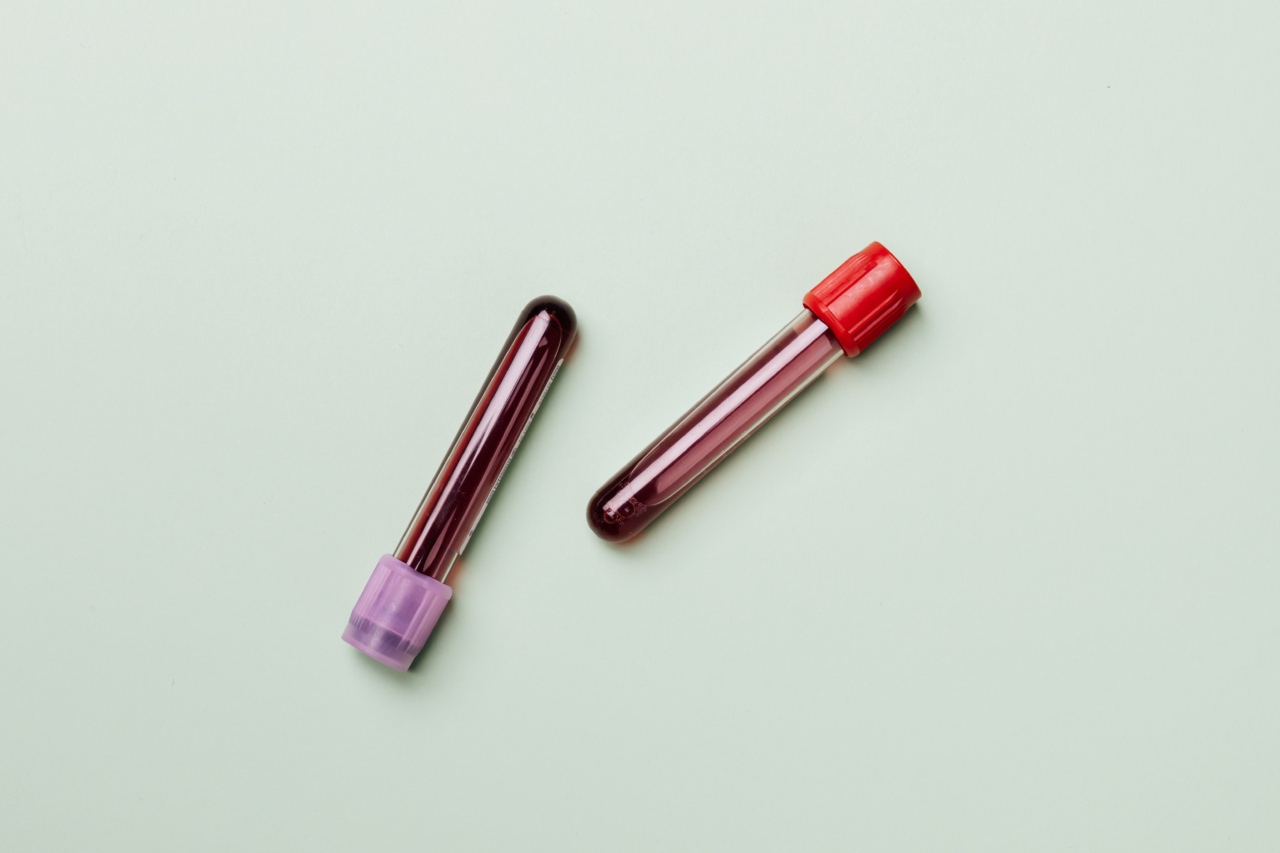Blood tests are a common diagnostic tool used to assess various health conditions.
They involve taking a small sample of blood from a vein in your arm, which is then analyzed in a laboratory for different parameters such as blood cell count, chemical levels, and hormone levels. These tests can be ordered by your doctor for various reasons, including routine health screenings, to monitor the effectiveness of treatments, or to diagnose a specific health condition.
In this article, we’ll explore when and why blood tests are crucial.
Routine Health Screenings
A routine health screening is a preventive measure that helps identify potential health issues early on when they’re easier to treat.
It’s recommended that every adult has regular blood tests, including a complete blood count (CBC) and a comprehensive metabolic panel (CMP), at least once a year. These tests can help detect the early signs of conditions like anemia, diabetes, kidney problems, liver disease, and infections.
Diagnosis of Health Conditions
Blood tests are often used to diagnose specific health conditions. For example, if you’re experiencing unexplained fatigue, your doctor may order a blood test to check for anemia or thyroid problems.
If you’re experiencing symptoms of an infection, a blood test can help determine the type of infection and identify the most effective treatment options. Blood tests can also help diagnose autoimmune diseases, such as lupus or rheumatoid arthritis, where the immune system attacks the body’s own tissues.
Monitoring Treatment
Blood tests can also be used to monitor the effectiveness of treatments.
For example, if you’re undergoing chemotherapy for cancer, regular blood tests can help determine if the treatment is working by measuring the levels of cancer cells in your blood. Blood tests can also be used to monitor the progress of treatment for conditions like diabetes or thyroid problems.
Types of Blood Tests
There are many different types of blood tests that measure different parameters. Some of the most common blood tests include:.
Complete Blood Count (CBC)
The CBC measures different components of your blood, including red blood cells, white blood cells, and platelets. This test can help diagnose anemia, infections, and blood cancers.
Comprehensive Metabolic Panel (CMP)
The CMP measures different chemical levels in your blood, including glucose, electrolytes, and liver and kidney function. This test can help diagnose and monitor conditions like diabetes, kidney disease, and liver disease.
Lipid Panel
The lipid panel measures the levels of cholesterol and triglycerides in your blood. This test can help assess your risk for heart disease and stroke.
Thyroid Panel
The thyroid panel measures the levels of thyroid hormones in your blood. This test can help diagnose and monitor conditions like hypothyroidism and hyperthyroidism.
Blood Cultures
Blood cultures are used to detect the presence of bacteria or fungi in your blood. This test can help diagnose blood infections and determine the most effective treatment options.
Hormone Tests
Hormone tests measure the levels of hormones like estrogen, testosterone, and cortisol in your blood. These tests can help diagnose hormonal imbalances and conditions like polycystic ovary syndrome (PCOS) or adrenal gland disorders.
Blood Tests: A Crucial Diagnostic Tool
Blood tests are a crucial diagnostic tool that can help identify potential health issues early on and monitor the effectiveness of treatments.
They offer valuable insights into different aspects of your health and can help you and your doctor make informed decisions about your healthcare. If you’re due for a routine health screening or have any health concerns, talk to your doctor about whether a blood test is necessary.



























